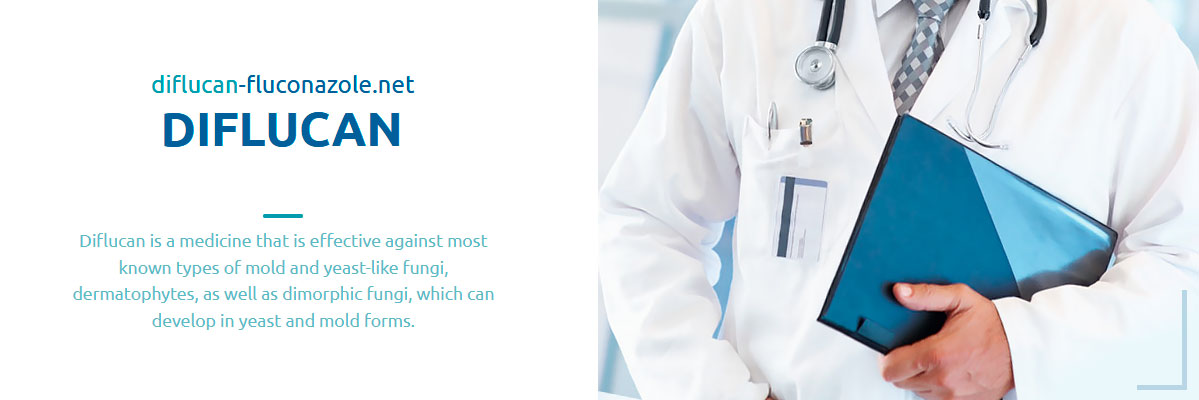Psoriasis is an incurable chronic disease, therefore, in order to maximize the periods of remission, one should not only be treated, but also minimize the influence of provoking factors, and for this it is necessary to know them.
Psoriasis: Do’s and Don’ts
The mechanism of the onset and development of the disease remains unclear even today. There are several theories about the causes of psoriasis: immune, hereditary, endocrine, neurogenic, metabolic. Most scientists lean towards the theory of the complex influence of all causes. In addition, provoking factors are important.
Psoriasis and alcohol
Ethanol, present in any alcoholic beverage, is broken down by the liver into safe ingredients. However, with large amounts of alcohol or an unhealthy liver, this process does not occur quickly enough. The intermediate product of ethanol metabolism (acetaldehyde) begins to poison the body.
The skin is one of the ways to remove toxins, so alcoholics usually sweat a lot. Of course, not all drinkers have psoriasis, but in this group, the disease is diagnosed much more often, and is much more severe. Another argument in favor of the fact that alcohol is harmful for psoriasis is dehydration, which primarily affects the skin.
If we analyze the relative safety of alcohol in psoriasis, then the minimum manifestations are caused by high-quality drinks without dyes (vodka, dry white wine), and in small quantities. The most powerful provoking effect is possessed by beer, red sweet wines, champagne, and cognac.
Pool
A visit to the pool can be more uncomfortable psychologically than physiologically. Those people who have not encountered psoriasis closely enough have a rather distant understanding of the nature of the disease, and not always correct. Therefore, if necessary, it is worth explaining to them that the disease is not contagious and is not transmitted in the usual ways (household, sexual, etc.).
However, during periods of exacerbation, it is not recommended to visit the pool. And even during remission, you should pre-lubricate the affected areas with petroleum jelly so that they do not get water with disinfectants present there (for example, chlorine).
After the end of the swim, you need to rinse yourself with warm water, while observing the rules for washing:
- Movements should be soft, do not rub the skin;
- You should not wipe your body with a towel, just get wet on the wet surface;
- All creases and hidden places must be thoroughly dried.
Some are worried about obtaining a certificate for visiting the pool – it is better to take it from an infectious disease specialist, and not from a dermatologist.
Psoriasis and sun
The beneficial effect of sunlight has been noticed by more than one psoriasis patient. However, like any medicine, sunbathing can become harmful if overdose. Therefore, it is necessary to adhere to several recommendations:
- To accustom the skin to sun exposure gradually: starting with 5-7 minutes, bring the duration of the sun bath to half an hour;
- Choose periods when the sun is less aggressive: before 10 am and after 5 pm;
- Apply sun cream only to healthy skin;
- Lubricate the affected areas after sunbathing with an anti-inflammatory agent recommended by a doctor.
And, of course, you can only sunbathe during periods of remission.
Products
Since some doctors put forward the theory of the development of psoriasis as a disease of metabolic processes, the principles of nutrition play one of the decisive roles in neutralizing symptoms. There are lists of foods that you can eat for psoriasis and forbidden foods. In the preparation of ready-made diets are especially popular diet Pagano and fire. The main principle of the first is a significant predominance (3 times) of alkali-forming ingredients.
Prohibited foods for psoriasis include:
- Vegetables and fruits with red pigmentation;
- Spices and herbs, seasonings (especially from flowers and seeds), as well as products with their content;
- Sweets, soda;
- Fatty meats;
- Smoked, salted, canned foods.
The best option is to draw up an individual diet with the involvement of a nutritionist and dermatologist. You should always be careful when consuming foods with increased allergenicity, drink plenty of fluids and try to exclude the possibility of gaining excess weight.
Psoriasis and sauna
Bath and sauna provide the most beneficial effect on the body and, in particular, on the cells of the base layer of the epidermis. Doctors recommend going to the bathhouse and sauna, as this significantly reduces the area of the affected areas (by 10-13%), itching decreases, and the skin becomes soft and elastic.
However, in this case, the procedure must follow several rules:
- The maximum possible stay in the steam room is 15 minutes;
- Optimum t +55 + 60 ° С, not higher;
- When visiting the sauna, it is recommended to drink herbal soothing decoctions and berry fruit drinks;
- Do not rub and stretch the skin;
- After leaving the steam room, you can swim in the pool not earlier than after 30-40 minutes.
The most pronounced therapeutic effect is observed after visiting the infrared sauna, when the affected areas are warmed up to a depth of 4 cm.
Doctors recognize the healing effect of any warming procedure, but only if it is carried out correctly and dosed.
What can help treat psoriasis
In the treatment of psoriasis, the greatest effect is brought by an integrated approach:
- Medicines. Distinguish between means for external use and internal use. Among the most effective drugs are hormonal ointments. Akriderm for psoriasis (one of these remedies) is available in several versions with different effects;
- Physiotherapy, nutrition, psychotherapy, plasmapheresis are additional methods that increase the chances of successful treatment.
